Six months after Hurricane Maria struck Puerto Rico on September 20, 2017, the damage caused by the Category 4 storm is still evident: Much of the U.S. territory still doesn’t have electricity, while over 200 schools are now scheduled to be closed.
NBC News reported on Friday that Puerto Rico is planning to close 283 schools due to a “sharp enrollment drop” caused by Maria and the subsequent departure of families and resulting economic crisis; Governor Ricardo Rosselló has said that Maria is estimated to have caused at least $90 billion in damage.
According to Julia Keleher, the Secretary of Puerto Rico’s Department of Education, enrollment has decreased by more than 38,000 students since May 2017. The closure means that the number of operational public schools in Puerto Rico will drop from 1,111 currently to 828 total.
NBC reported that opponents of the closure are concerned about distance and transportation logistics.
In January, videos were shared across social media of Puerto Rico students celebrating as power was turned back on in their schools, more than 100 days after Maria.
"After 112 days, THE LIGHT IS BACK! 💡"
Staff and students rejoice as the lights at this Puerto Rico school are turned back on https://t.co/3lbbfhGbKm pic.twitter.com/d8YIfbJRpz— CNN Weather Center (@CNNweather) January 17, 2018
The Washington Post reported on Wednesday about the island’s struggle to recover from Maria and how many U.S. citizens are still without power.
As of March 20, more than 200,000 people remained without power and have lived without power for six months.
The response to Maria and the quality of the assistance provided to Puerto Rico has been criticized by numerous organizations. Among other issues, a controversial $300 million contract issued to the small Montana-based energy company Whitefish Energy was eventually cancelled; Refugees International determined the response by federal and Puerto Rican authorities “was still largely uncoordinated and poorly implemented” and “was prolonging the humanitarian emergency on the ground”; and POLITICO compared the federal responses to Hurricane Maria in Puerto Rico and Hurricane Harvey in Texas, which struck Texas in late August 2017.
However, Refugees International noted in March that “while FEMA and the Puerto Rican government were failing, local leaders and organizations were stepping in to ensure that vulnerable members of their community received assistance.”
Our fellow Americans on the island need all the help they can get. According to FEMA administrator Brock Long, Puerto Rico is “running out of time” to recover from Maria and to adequately prepare for the next hurricane season, which officially begins on June 1.
The views expressed here are those of the author and do not represent those of any other individual or entity. Follow Sarah on Twitter: @sarahmquinlan.


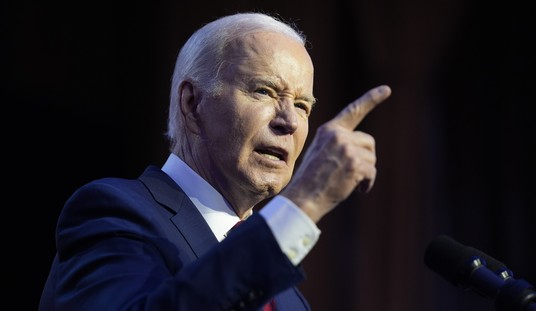
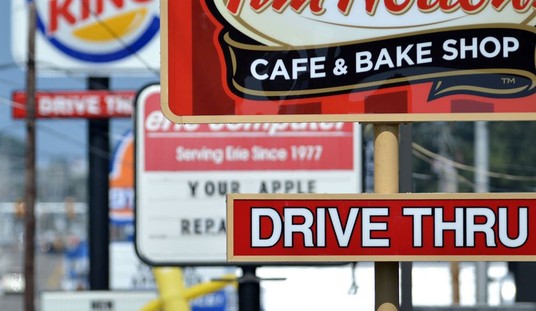
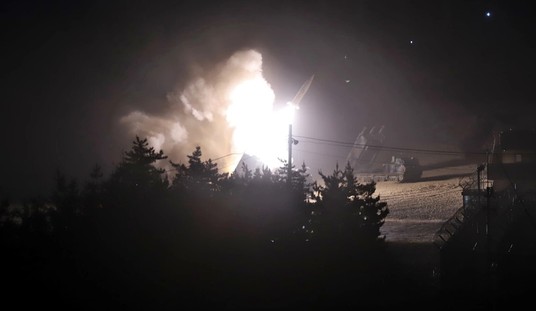


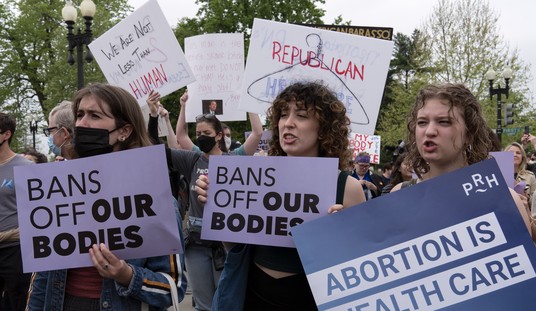
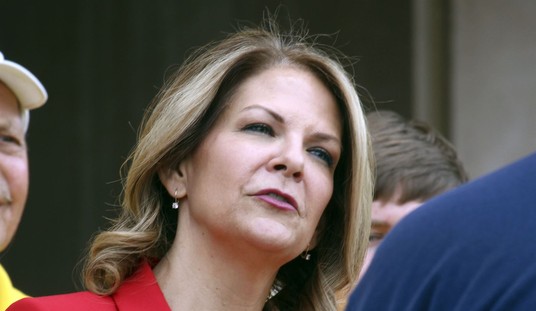





Join the conversation as a VIP Member